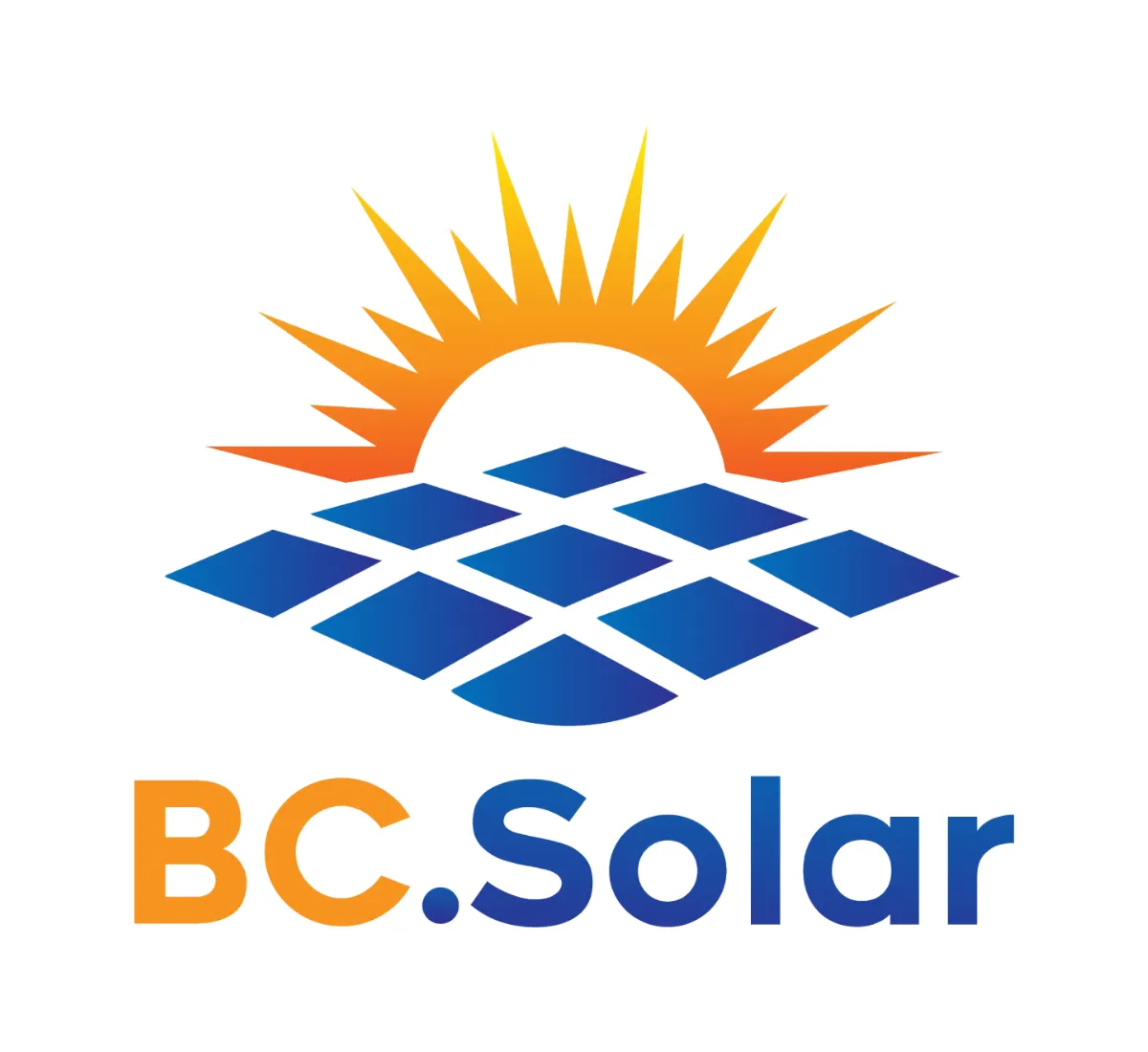
How to Adjust Off-Grid Solar Use by Season
How to Adjust Off-Grid Solar Use by Season
Living off-grid means relying on your solar energy year-round through Ohio winters, cloudy springs, hot summers, and shifting fall weather. To make it work smoothly, seasonal adjustments are key. At BC Solar, we help homeowners and cabin owners across Columbus and beyond plan their energy use with honesty, practicality, and peace of mind.
Here’s how to keep your off-grid solar system running strong through every season.
Spring: Prep and Maintain
As the days get longer, your solar panels start producing more energy. It’s the perfect time to:
Clean your panels: Dust, pollen, and leaves can reduce efficiency.
Check battery health: Test voltage levels and connections before the high-production summer.
Update your load strategy: With more sun, you can shift energy-heavy tasks like laundry or charging devices to daylight hours.
Tip: Spring is also a great time for maintenance checks, tighten mounting hardware, inspect wiring, and review your inverter logs.
Summer: Store Smart, Use Wisely
Summer gives you peak solar production. But don’t waste it.
Use excess energy efficiently: Power tools, fans, water pumps, or AC during peak sun hours (usually 10 AM - 4 PM).
Charge batteries fully: Avoid overcharging by ensuring your charge controller settings are correct.
Watch water usage: If you're running a well or filtration system, summer is when you’ll need the most power.
Energy Tip: Consider adding a DC-powered fan or swamp cooler to reduce AC draw from your inverter.
Fall: Conserve and Prepare
As daylight shrinks, your system starts producing less.
Start reducing energy consumption: Shorter days mean less generation.
Top off your batteries often, especially before cloudy or rainy periods.
Monitor shading: Falling leaves change solar access. Trim branches if needed.
Reminder: Test any backup generator systems in the fall before you need them.
Winter: Stretch Every Watt
Ohio winters can be brutal. Short days, snow-covered panels, and more indoor living can stretch your system.
Clear snow from panels: A snow-covered array won’t produce anything.
Limit inverter use overnight: High-wattage devices drain batteries fast when the sun isn’t out.
Use LED lights, low-wattage heaters, and cook during sun hours - Every watt counts.
Battery Tip: Lithium batteries perform better in cold weather than lead-acid, but all benefit from an insulated battery box or heating pad.
Year-Round Success Means Thinking Ahead
The key to smooth off-grid living is planning, testing, and adjusting as you go. Whether you're in a remote cabin or a full-time off-grid home near Columbus, BC Solar can help you design a system that works for all seasons and grows with your needs.
FAQ
How much solar do I need for winter in Ohio?
It depends on your usage, but winter design should plan for your worst-case daily use. For most systems, that means oversizing panels or adding a backup generator.
Can I run an off-grid system without batteries?
Not reliably. Batteries are essential for storing power overnight or during cloudy periods, especially in Ohio’s variable seasons.
Do I need to change settings on my inverter or charge controller each season?
Sometimes. It’s worth reviewing settings for absorption voltage, float, and temperature compensation as seasons shift, especially for lead-acid batteries.
Ready to Go Off-Grid the Right Way?
Call BC Solar at (614) 442-9700 or visit bc. Solar to get a custom, battery-smart solar system built for Ohio seasons.